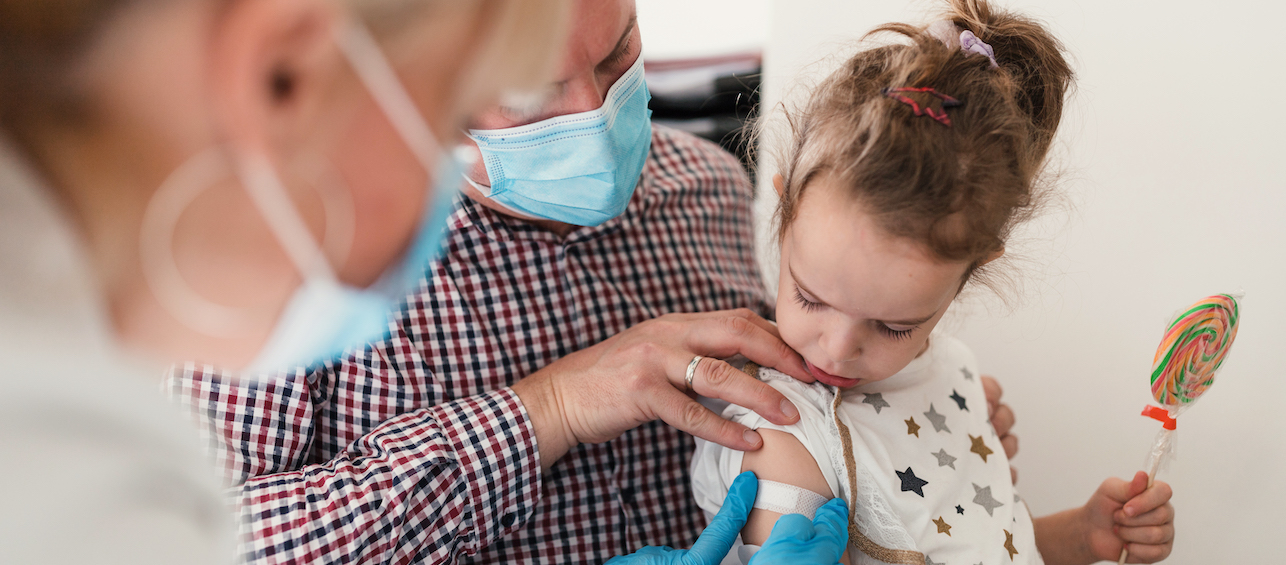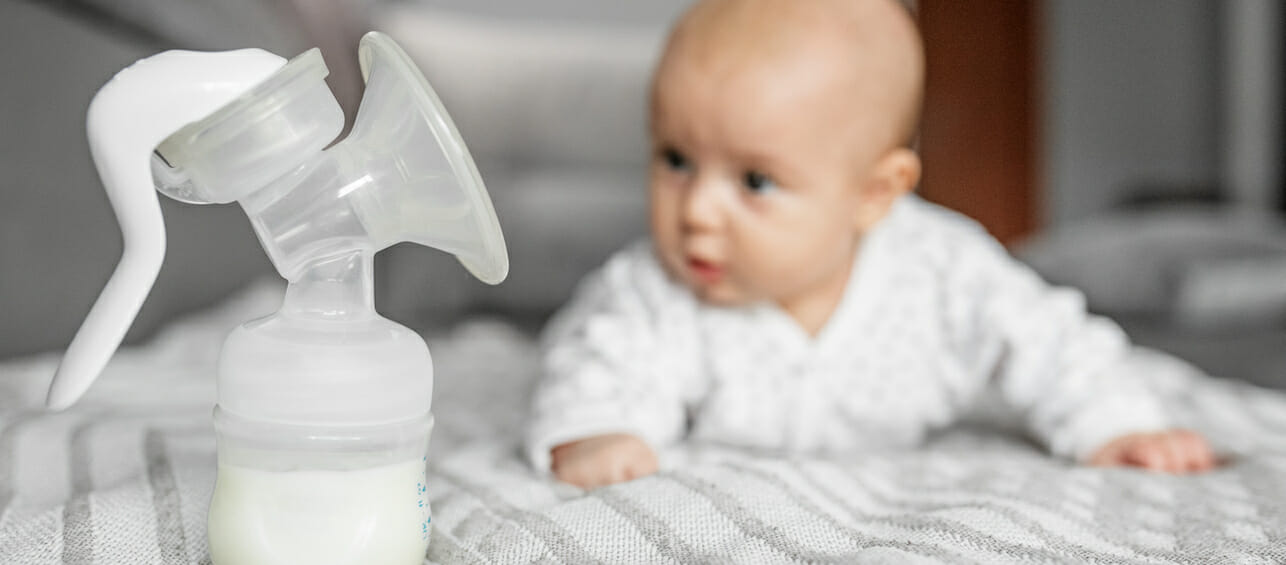Respiratory syncytial virus (RSV) is a common virus that causes respiratory illness in young children. It tends to peak between the months of December and March but can happen at any time during the year.
Because we’ve seen an uptick in visits related to RSV, I thought it might be helpful to answer some of the more commonly asked questions about the illness.
Frequently asked questions about RSV
1. Does RSV affect older kids and babies the same way?
Almost all children will have had exposure to RSV by the time they’re 2 years old. Children under 2 are more likely to develop bronchiolitis, an infection of the lower respiratory tract. RSV is the most common cause of bronchiolitis, which is characterized by a crackly, wheezing sound in the lungs and large amounts of congestion and nasal secretions. RSV infections are typically less severe in children older than 2 and may cause a nasty cold.
2. Can RSV be treated with antibiotics?
Because it is viral in nature and antibiotics don’t work against viral illnesses, antibiotics will not help treat RSV.
3. How long will my child have this cough and congestion?
Unfortunately, the cough and congestion that come with bronchiolitis can hang around for a while. Symptoms tend to peak around day three or four, but they can last for a few weeks.
4. Will diluting formula help my baby drink more?
When babies have RSV, they typically eat about 40-50% of their normal feeding amount because their noses are congested. Families often ask about thinning out their baby’s formula with extra water so that it’s not as thick, thinking it will be potentially easier to drink. I do NOT recommend this practice — thinning formula will not help your baby drink more and can be dangerous. The best remedy is suctioning your baby’s nose before feedings if there is significant congestion.
5. Is RSV the only virus that causes bronchiolitis?
There are multiple viruses that can cause bronchiolitis, RSV is only one of them. The influenza virus can also cause bronchiolitis — another reason to have your family members get their flu shots! Your child may have bronchiolitis more than once due to multiple viruses causing the illness.
6. When should I take my child to the doctor versus Emergency Department (ED)?
For perspective, the Centers for Disease Control and Prevention says that 25-40 out of 100 infants and children will get bronchiolitis or pneumonia following RSV exposure. But the good news is that only about 5-20 out of 1,000 will require hospitalization. While every child and situation is a little bit different, here are some general guidelines I can offer about when to take your child to the doctor versus the ED.
Take your child to his or her main doctor when:
- He or she has not had a wet diaper in 8 hours
- He or she is drinking less than 40-50% of his usual amount of formula/breast milk
- His or her breathing is crackly or wheezy
- Any time you’re concerned
Take your child to the Emergency Room or call 911 when:
- He or she is breathing rapidly with sinking in between the ribs
- He or she is having episodes of apnea (stops breathing for a period of time)
- He or she is having episodes of turning blue
Preventing RSV and Other Infections
As with any viral or bacterial infection, the best way to prevent infection is good hand hygiene. I think we hear about the importance of hand washing so frequently that we forget how effective it really can be. Researchers are working on developing an RSV vaccine, but until that happens (and even when it does!) hand washing is your family’s best defense.
If you have additional questions, or would like to speak with a pediatrician, call 513-636-4506.





